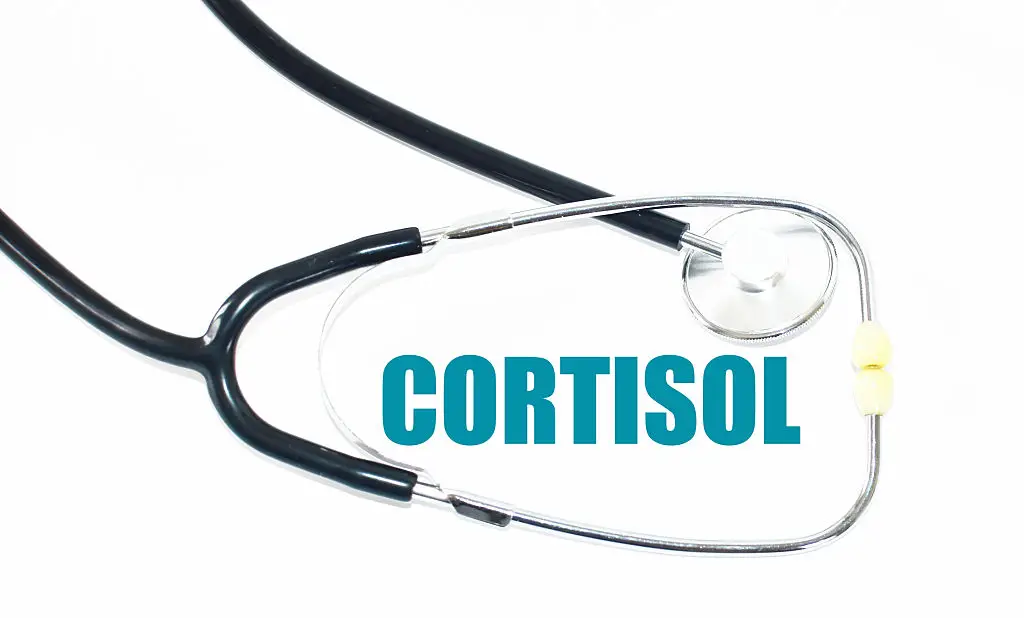More Than Just a "Bad Day": The 12 Emotional and Physical Signs You're Experiencing Adrenal Fatigue
Everyone knows what it’s like to feel overworked or exhausted from time to time. But if you’ve noticed your energy, mood, or health slipping in ways that just don’t bounce back—no matter how much you rest—you might find yourself searching for answers. Enter the conversation around adrenal fatigue: a collection of emotional and physical symptoms that many people experience, yet which remain a topic of debate in the medical world. Some functional medicine practitioners use “adrenal fatigue” to describe what happens when ongoing stress overwhelms the body's ability to keep up, especially its stress hormone rhythm. Mainstream medicine, meanwhile, points to symptoms like persistent tiredness, emotional swings, sleep troubles, and even weight fluctuations as signs of stress or hormonal imbalance, not an official diagnosis. Regardless of the terminology, what matters most is how you’re feeling—and that your experience is real and worthy of attention. If you or someone you love is running on empty, feeling “off” emotionally, or getting sick more often than usual, you’re not alone. This list shines a gentle light on 12 of the most commonly reported emotional and physical signs often associated with adrenal fatigue or cortisol imbalance. Recognizing these patterns isn’t about diagnosing yourself—it’s about giving yourself permission to notice, reflect, and begin making small, sustainable changes. Most importantly, if these signs feel familiar, talking with a trusted healthcare provider is the kindest next step you can take in your wellness journey.
1. Persistent Physical Fatigue That Rest Doesn't Fix

Let’s face it—waking up tired happens to everyone once in a while. But when exhaustion becomes your daily companion, even after a full night’s sleep, it’s time to take notice. Persistent fatigue that simply doesn’t lift, no matter how well you eat or how early you get to bed, is widely recognized as a core feature of adrenal fatigue. Experts like Dr. Lam identify this unshakable tiredness—especially waking up groggy and crashing hard by mid-afternoon—as a signature sign your stress system may need extra support. You might notice you’re reliant on coffee or sugary snacks just to function, or that your “get up and go” has quietly disappeared. Unlike the kind of tiredness that improves after a weekend of rest or a vacation, this fatigue lingers in the background. It can leave you feeling disconnected from the activities you once enjoyed or struggling to keep up with your regular routine. While mainstream medicine often links chronic fatigue to other factors, if these energy lows become your new normal, it may be your body’s way of asking you to slow down and check in with your overall wellness. Listening to your energy levels—without judgment or pressure—can be the first act of self-care.
2. Disrupted Sleep and Feeling 'Wired but Tired'

There’s nothing quite as frustrating as feeling exhausted all day, only to struggle with falling or staying asleep at night. Many people who experience symptoms linked to adrenal fatigue describe a kind of catch-22: a deep, dragging tiredness mixed with a “wired” feeling that just won’t turn off after dark. Dr. Mark Hyman refers to this as being “wired but tired”—your body’s stress response is on overdrive when you want to rest. You may toss and turn, wake up frequently, or stare at the ceiling while your mind races. This pattern of sleep disruption goes beyond the occasional restless night. The rhythm of your body’s stress hormone (cortisol) can become out of sync—leaving you alert when you want to relax and sleepy when you need to focus. As a result, a lack of quality sleep only adds to daytime fatigue, creating a cycle that’s hard to break. Recognizing this cycle, and giving yourself patience rather than criticism, is often the gentle nudge needed to explore new sleep routines or relaxation practices. Your body’s call for rest is not a weakness—it’s a signal to honor what you need.
